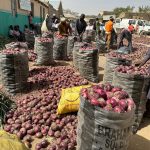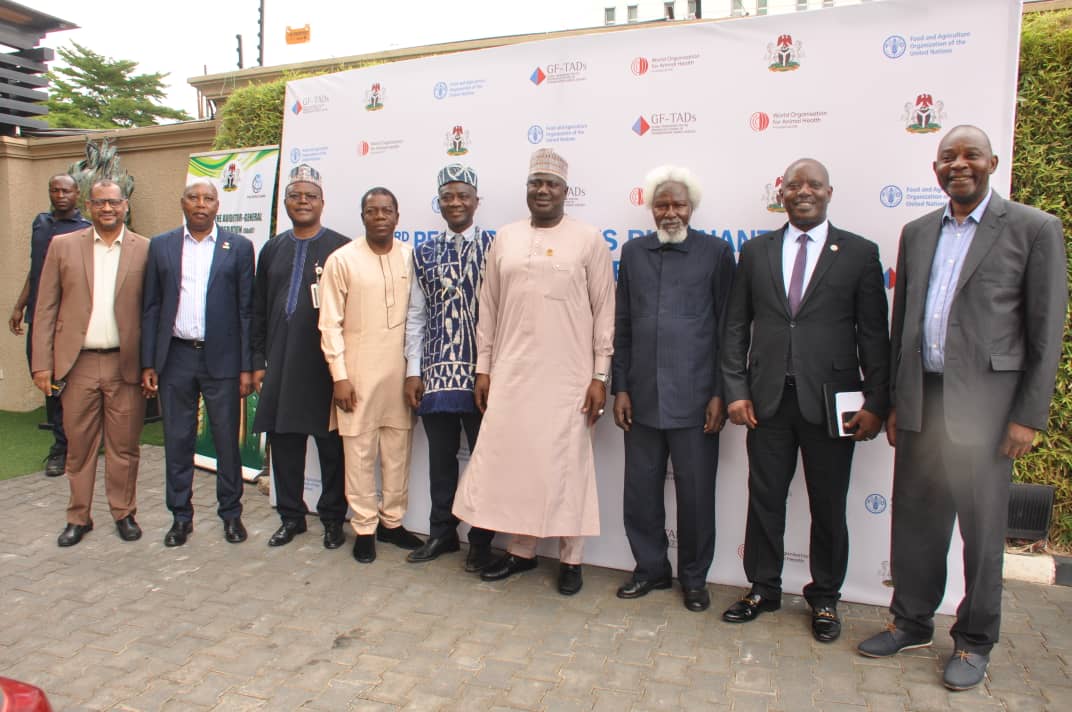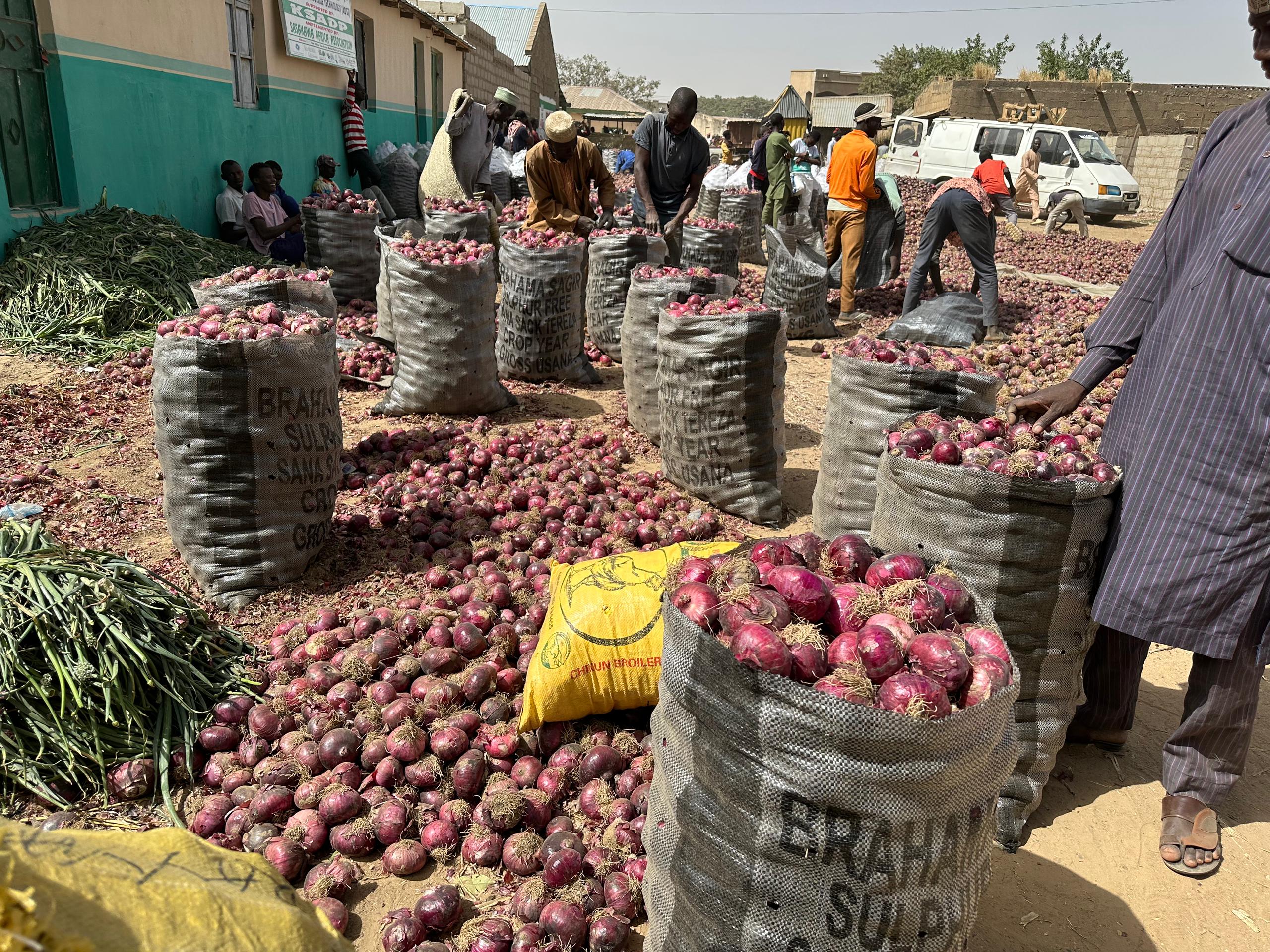The Federal Ministry of Agriculture and Food Security (FMAFS) in collaboration with the Food and Agriculture Organization (FAO) of the United Nations and other stakeholders have shown commitment to controlling and eradicating the Peste Des Petits (PPR) disease in livestock in Nigeria. The FMAFS said the move aims to improve the livestock sub-sector as a means of fostering economic growth, and food security and to enhance the livelihood of all Nigerians.
The minister of state FMAFS, Dr Aliyu Abdullahi at the 3rd PPR Roadmap and Blueprint Meeting for West Africa Countries, in Abuja, said the PPR disease also known as sheep and goat plague, is a contagious viral disease that affects small ruminants causing significant economic losses and threatening the livelihoods of millions of rural families in West Africa.
In a statement signed by the Chief Information Officer (FMAFS) Eremah Anthonia, the production, trade, and marketing of sheep and goats were seriously constrained by the continuous presence of PPR, which limits its productivity and access to markets. He said, “It is on record that since the inception of the PPR Global Eradication Programme, the Ministry has developed a PPR Strategy for the control and eradication in Nigeria.
“Nation-wide socio-economic impact assessment and prevalence studies have been carried out and in recent times over 12.5 million doses of PPR vaccine have been procured and deployed to the field for vaccination campaigns.”

The minister also gave hope that the country will be able to stand on its own in the fight going forward. He said, “The laboratory diagnostic capacity had been enhanced, and Nigeria in the coming years would ensure animal vaccination of 75 percent of sheep and goats against PPR”. Speaking further, Abdullahi highlighted the challenges limiting the eradication of PPR disease including gaps in funding, logistical hurdles in reaching remote areas, and the need for continuous training and capacity building for our veterinary workforce.
However, noting the challenges, the minister said it could be addressed through strengthened partnerships. Abdullahi said, “We must strengthen our partnerships, both regionally and internationally and mobilise the necessary resources to support our concerted eradication efforts; cross-border collaboration remains critical to make meaningful progress to achieve the desired result”.
Confirming their support, the FAO, Representative AD Interim in Nigeria and ECOWAS, Koffy Dominique, represented by Dr. Otto Vianney Muhinda said that the meeting provided a crucial forum to enhance coordination among countries to spearhead accelerated progress towards PPR. FAO representative added that the Pan African Strategy recognises the progress towards the objectives of PPR eradication, and veterinary services strengthening.
The United body added that a more productive small ruminants sector relies upon strong strategic partnerships with regional organisations and regional economic communities, who must provide regional ownership, leadership, collaboration and coordination would support the PPR eradication goal.












